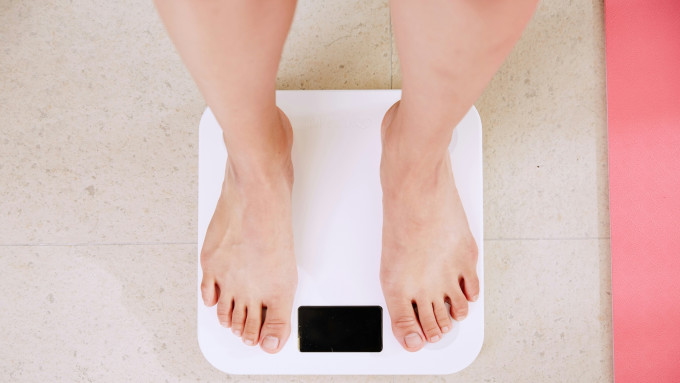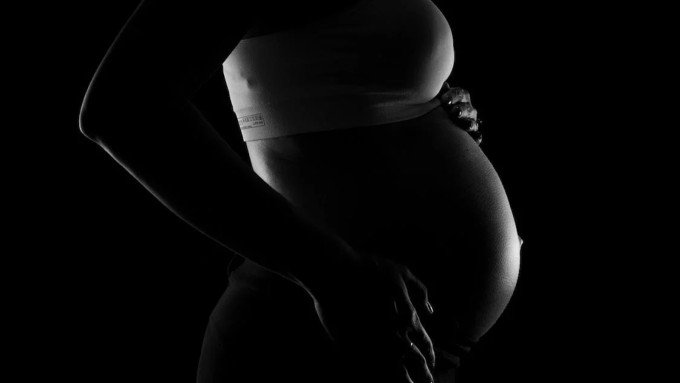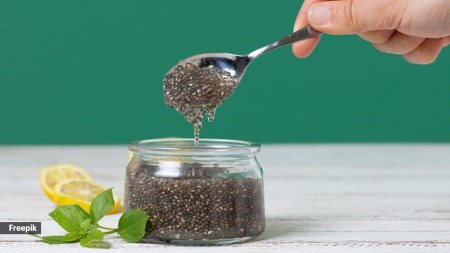Nutrition alert: Here’s what a 100-gram serving of lobia or black-eyed peas contains
Lobia, also known as black-eyed peas or cowpeas, is a versatile legume often relegated to a supporting role in side dishes. But don’t let its unassuming appearance fool you! This nutritional powerhouse packs a surprising punch of vitamins, minerals, and essential nutrients.
Whether you’re a seasoned health enthusiast or simply looking to add variety and a protein boost to your diet, lobia deserves a starring role on your plate.

Ekta Singhwal, dietician, Ujala Cygnus Group of Hospitals, helped us delve deeper into lobia’s impressive nutritional profile, exploring the vitamins, minerals, and fibres it offers, along with its potential health benefits.
Nutritional Profile of Lobia
The nutritional profile of 100 grams of raw lobia (black-eyed peas) is as follows, Singhwal said.
– Calories: 120 kcal
– Carbohydrates: 21.45 grams
– Dietary Fibre: 6.7 grams
– Sugars: 4.4 grams
– Protein: 8.3 grams
– Fat: 0.9 grams
– Vitamin C
– Vitamin A
– Vitamin K
– Vitamin B-complex (including B1, B2, B3, and B5)
– Calcium
– Phosphorus
– Iron
– Potassium
– Magnesium
– Copper
– Manganese
– Antioxidants: Lobia contains various antioxidants, including polyphenols, flavonoids, and tannins, which can help protect cells from oxidative damage.
Health Benefits of Lobia
– Heart Health: Lobia is rich in soluble fibre, which can help lower cholesterol levels and reduce the risk of heart disease. Additionally, its potassium content helps regulate blood pressure.
– Digestive Health: The fibre in lobia promotes healthy digestion, prevents constipation, and supports gut health.
– Weight Management: Lobia is low in fat and calories but high in protein and fibre, making it a filling food that can aid in weight management by promoting satiety.
 Health Benefits of Lobia (file)
Health Benefits of Lobia (file)
– Blood Sugar Control: The soluble fibre in lobia slows down the absorption of sugar, helping to stabilise blood sugar levels and prevent spikes, making it beneficial for individuals with diabetes.
– Bone Health: Lobia contains minerals like calcium, phosphorus, and magnesium, which are essential for maintaining strong and healthy bones.
Can Diabetics Consume Lobia?
Individuals with diabetes can consume lobia as part of a balanced diet, said Singhwal. Its low glycemic index and high fibre content make it a suitable option for managing blood sugar levels.
Is Lobia Beneficial for Pregnant Women?
Lobia can be beneficial for pregnant women due to its high nutritional value, including protein, fibre, vitamins, and minerals. However, pregnant women should ensure they cook lobia thoroughly to avoid the risk of foodborne illnesses, explained Singhwal.
 Is Lobia Beneficial for Pregnant Women? (Source; Pexels)
Is Lobia Beneficial for Pregnant Women? (Source; Pexels)
Things to Keep in Mind
– Allergies: Some individuals may be allergic to legumes like lobia, so it’s essential to watch out for any adverse reactions.
– Moderation: Overconsumption of lobia can lead to gastrointestinal discomfort due to its high fiber content.
– Consultation: Individuals on specific medications should consult a healthcare professional before incorporating lobia into their diet.
Myths and Facts
Myth: Lobia can cause kidney stones.
Fact: While some believe that legumes like lobia can contribute to kidney stones due to their oxalate content, moderate consumption as part of a balanced diet is unlikely to cause issues for most people.
Disclaimer: The copyright of this article belongs to the original author. Reposting this article is solely for the purpose of information dissemination and does not constitute any investment advice. If there is any infringement, please contact us immediately. We will make corrections or deletions as necessary. Thank you.





